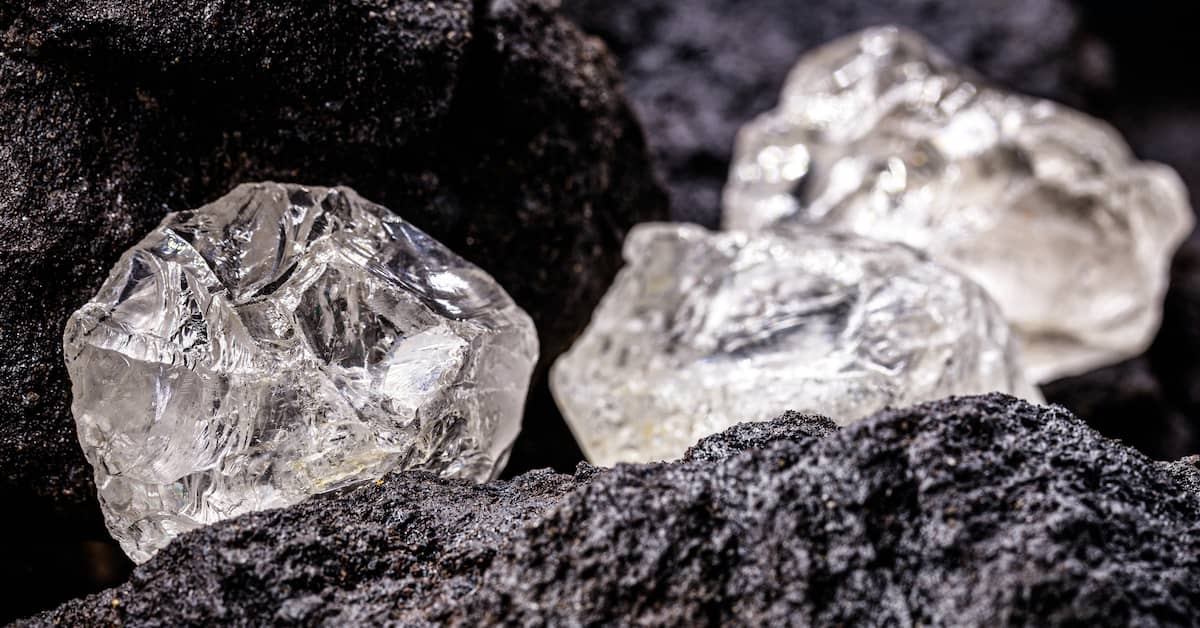
Getting Lithium Into The Brain
According to researchers who have studied lithium and its relationship to potentially treating Alzheimer’s disease, the key is dosing. Researchers report that using lithium to effectively help keep memory intact requires only micro-dosing with the mineral. In contrast, when lithium is used to treat mood disorders it’s prescribed in much larger doses that can cause troubling side effects. In a lab study on animals, researchers at McGill University in Montreal, Canada, have found that doses that are only .0025 percent of what is used to treat bipolar affective disorder, and which are encapsulated in a form that improves the brain’s absorption of lithium, restore cognitive abilities that are lost during dementia. What’s more, lithium also is shown to stop the progress of pathological damage in the brain.2 Researcher Claudio Cuello, PhD explains, saying, "From a practical point of view our findings show that microdoses of lithium in formulations such as the one we used, which facilitates passage to the brain through the blood-brain barrier while minimizing levels of lithium in the blood, sparing individuals from adverse effects, should find immediate therapeutic applications."A Helpful Antioxidant
Other studies now show that low doses of lithium can act as an antioxidant that protects neurons in the brain from damage. For example, researchers at the National Institutes of Health in Bethesda, Maryland, along with other institutions, found that ten people treated with lithium for two to three weeks had lower oxidative stress in their brain tissue.3 In addition, a study in France found that when people suffer obsessive-compulsive disorder, high levels of oxidative stress often impair the functions of their neurons. However, lithium can help decrease levels of this harmful process while also helping to control destructive inflammation.4 Along with these findings, some researchers now believe that lithium could also help us age better. A study at King’s College in London demonstrates that it may help delay the breakdown of our DNA as we grow older.Might Slow Aging
This study analyzed the genetic characteristics of about 380 people who were taking lithium for mood disorders. Researchers found that taking lithium for a longer period of time provides the benefit of having longer telomeres. Remember telomeres are protective structures at the end of DNA strands that defend the integrity of DNA when cells divide. When telomeres shorten with age, our cells can’t divide and reproduce as effectively so the replacement of dysfunctional cells falters. And that can lead to the health problems of old age.5 Substantial research is still underway to investigate the benefits of lithium. Several studies have even found that the tiny amounts of lithium in the water some people drink can reduce suicide rates. As scientists in England recently concluded, “Naturally occurring lithium in drinking water may have the potential to reduce the risk of suicide and may possibly help in mood stabilization, particularly in populations with relatively high suicide rates and geographical areas with a greater range of lithium concentration in the drinking water.”6My Takeaway
Obviously, lithium is a remarkable mineral that can help the brain in innumerable ways. I have no doubt new research on the horizon will reveal additional health benefits to your brain and body. I'll keep watch and keep you posted.- https://jamanetwork.com/journals/jamapsychiatry/fullarticle/2649277
- https://content.iospress.com/articles/journal-of-alzheimers-disease/jad190862
- https://www.ncbi.nlm.nih.gov/pmc/articles/PMC3289682/
- https://www.nature.com/articles/s41398-021-01329-3
- https://www.nature.com/articles/s41386-018-0289-0
- https://pubmed.ncbi.nlm.nih.gov/32716281/
